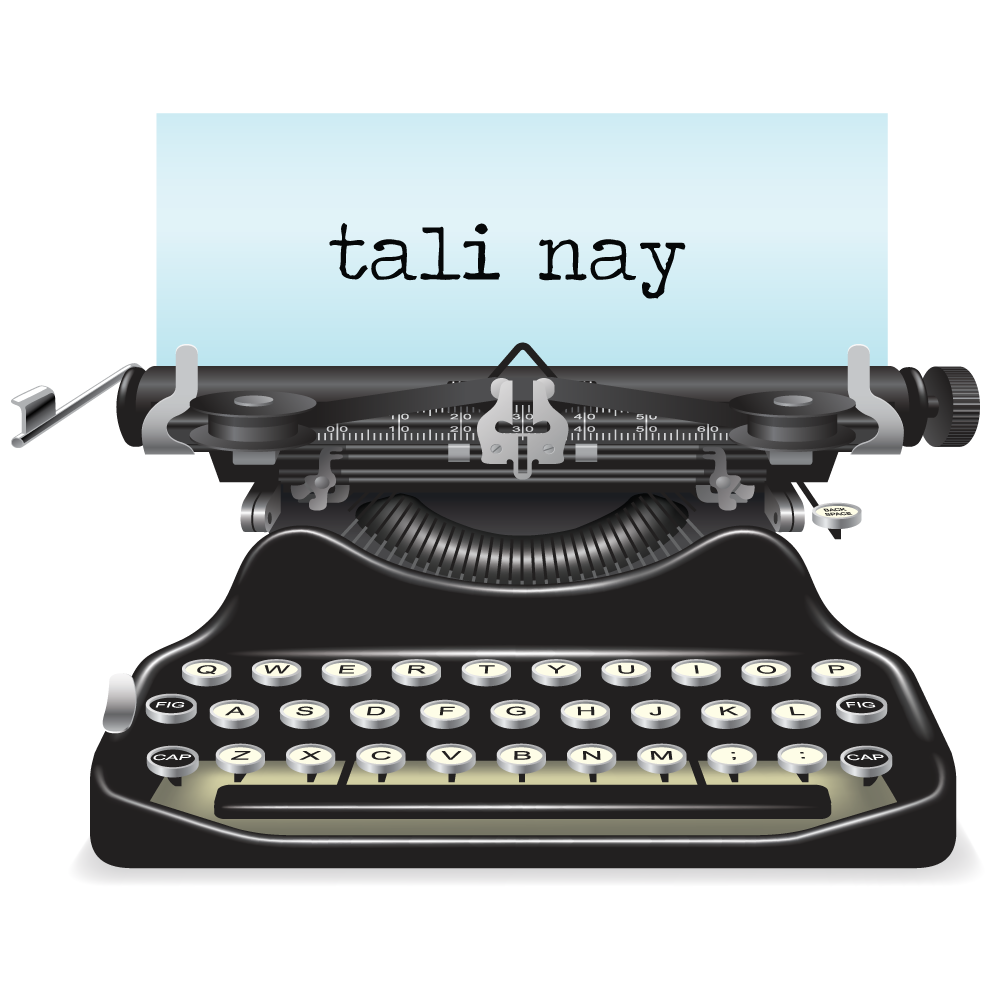Feeding Back
Amusing things that I've heard so far:
"I have four sisters, and I feel after reading your book like I know you better."
"I feel like I've been inside your head for the last 25 years."
"I feel like I'm reading your diary. I'm impressed that you are THAT gutsy. Gutsy enough to publish your diary."
"It feels almost voyeuristic. Like I'm witnessing all these intimate moments. OK, voyeuristic is probably not the right word."
"I can't wait to see who plays me in the movie."
"Are you the next James Joyce or does all that lowercase mean that Amazon screwed up?"
"You bitch. I can't believe you said that about me."
I'm just kidding about that last one, although some of you might be thinking it. I will say that it has been rather eye-opening to put a book out there that talks about real people, many of whom I love and care about. Because while it was important to me to say exactly what I was thinking and feeling and witnessing at the time, it has literally crushed me to learn of a few people's feelings who were hurt by the book. Discussing this topic--the seemingly dark side of being totally honest--with a former college English professor of mine, he reminded me of a passage from Betsy Lerner's A Forest for the Trees:
"Let’s face it, if in your writing you lift the veil on your family, your community, or even just yourself, someone will take offense. . . . If you write what is most pressing, you are revealing thoughts, secrets, wishes, and fantasies that you (and we as readers) would never otherwise confess to. Most writers, like most children, need to tell. The problem is that much of what they need to tell will provoke the ire of parent-critics, who are determined to tell writer-children what they can and cannot say. Unless you have sufficient ego and feel entitled to tell your story, you will be stymied in your effort to create. You think you can’t write, but the truth is you can’t tell. Writing is nothing if not breaking the silence. The problem is, no one likes a snitch."
As a sidenote, if anyone is looking for a great book about writing, this one is my favorite. I marked this passage (along with many others) the first time I read through it, which was ten years ago. But as to the passage itself, to me it so perfectly captures the dilemma in which I now find myself, and will probably continue to find myself as I write more memoirs. "Maybe you should stick to fiction," someone told me while discussing this very topic. Which would perhaps be the safer thing to do, and I totally would if my brain could think up a story half as entertaining as real life. Until then, I can only stick to what I know. Hey, it's either this or poetry. So consider yourselves lucky.
]]><
